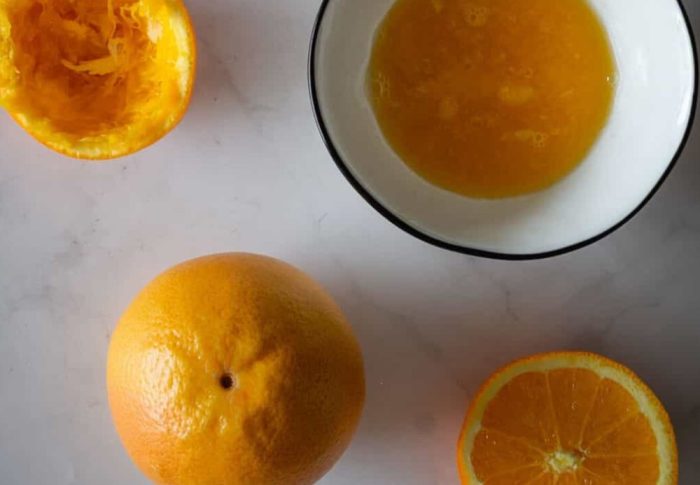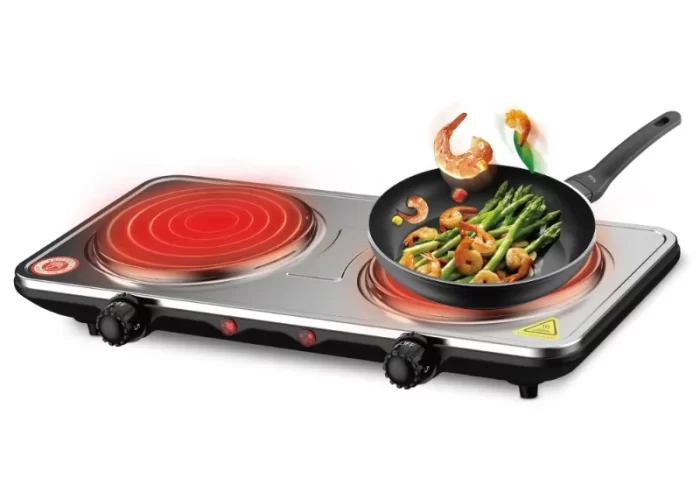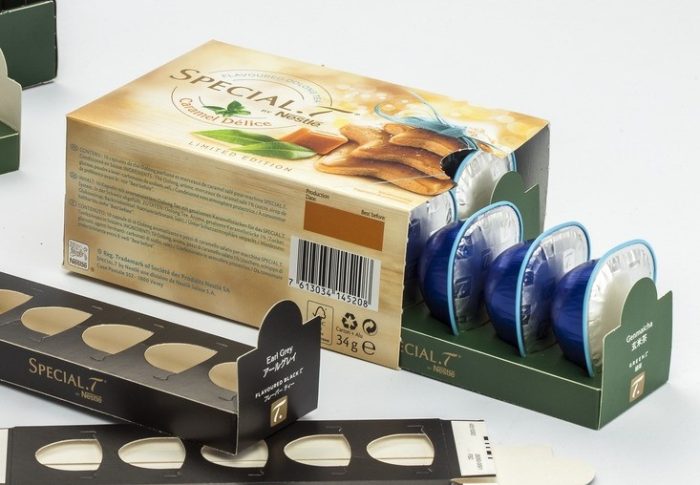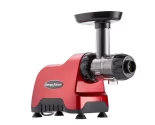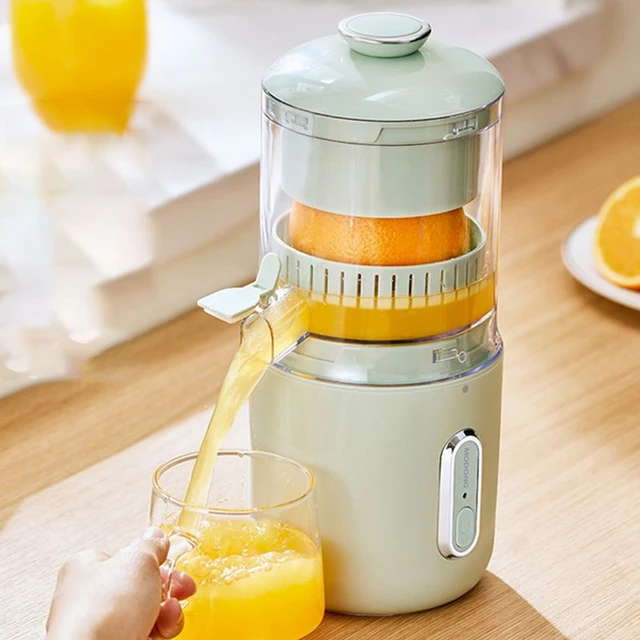
What is a Juicer: How Does It Work and What Are Its Benefits?
Introduction:
A juicer is a kitchen appliance designed to extract juice from fruits, vegetables, and greens by separating the liquid content from the pulp. The resulting juice is nutrient-rich and can be consumed as a beverage. Understanding the different types of juicers, their functionalities, benefits, and how to use them can help you make an informed decision about incorporating juicing into your dietary routine. This comprehensive guide explores everything you need to know about juicers, from their basic mechanics to advanced features and health benefits.
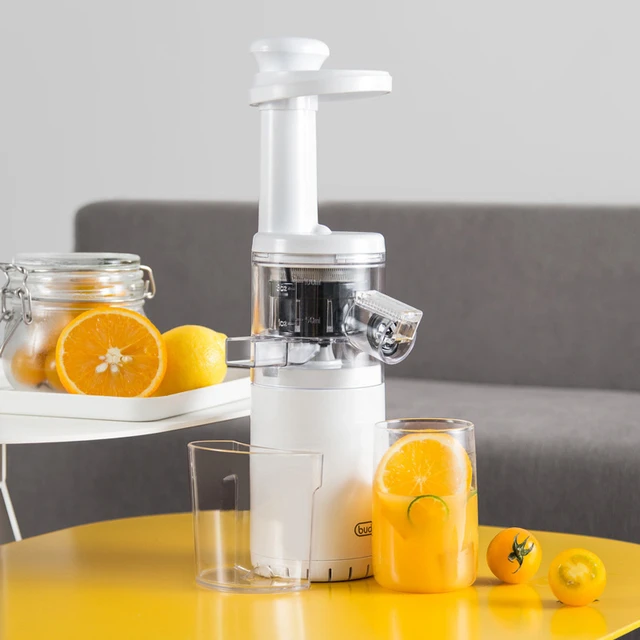
What is a Juicer:
How Does It Work and What Are Its Benefits?
Types of Juicers:
What Are the Different Varieties of Juicers?
Different types of juicers cater to various needs and preferences. Understanding their characteristics can help you choose the right one for your lifestyle.
Centrifugal Juicers:
High-Speed Extraction:
How They Work: Centrifugal juicers operate using a fast-spinning blade that slices fruits and vegetables while simultaneously spinning to separate the juice from the pulp through a mesh filter.
Pros and Cons: Centrifugal juicers are generally faster and more affordable, making them a popular choice for beginners. However, they can be noisy, and the high-speed operation may result in heat buildup, potentially degrading some nutrients.
Ideal For: These are best for those who prioritize speed and convenience over juice quality. They work well with hard fruits and vegetables like apples and carrots.
Masticating Juicers:
Slow and Steady:
How They Work: Masticating juicers, also known as slow juicers or cold press juicers, use an auger to crush fruits and vegetables and then press them to extract juice. This process is slower but often yields more juice and retains higher nutritional content.
Pros and Cons: While masticating juicers are quieter and more efficient in extracting juice with minimal oxidation, they tend to be more expensive and take longer to process the produce.
Ideal For: These juicers are perfect for those who want to maximize nutrient retention and are willing to spend more time on the juicing process. They work well with leafy greens, wheatgrass, and soft fruits.
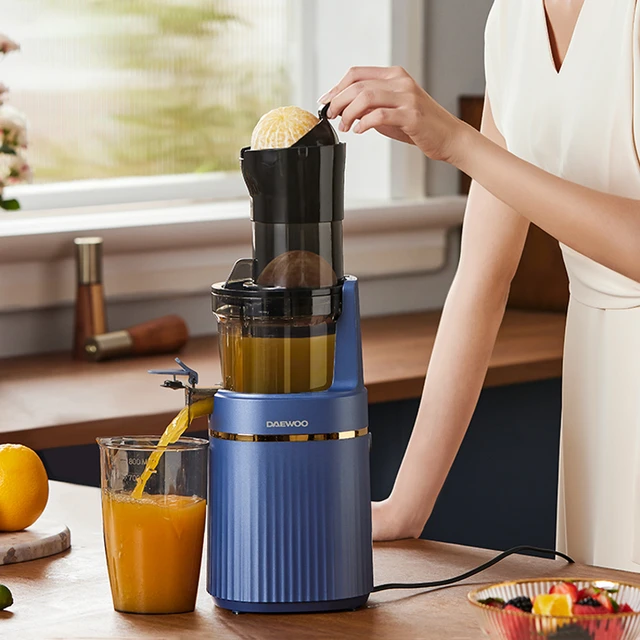 Twin Gear Juicers:
Twin Gear Juicers:
Advanced Juicing:
How They Work: Twin gear juicers, or triturating juicers, use two interlocking gears to crush and grind produce into fine particles, ensuring maximum juice extraction. The slow, thorough process minimizes nutrient loss and oxidation.
Pros and Cons: These high-end juicers offer superior juice quality and high yields, but they are typically more expensive, larger, and more complicated to clean.
Ideal For: Twin gear juicers are ideal for dedicated juicers who are interested in producing the highest quality juice and are willing to invest both money and time into their juicing experience.
Citrus Juicers:
Specialized Use:
How They Work: Citrus juicers are designed specifically for extracting juice from citrus fruits like oranges, lemons, limes, and grapefruits. They can be manual or electric, using a reamer to press the juice out of the halved fruit.
Pros and Cons: These juicers are easy to use and clean, and they efficiently handle citrus fruits. However, their functionality is limited to just citrus fruits.
Ideal For: Citrus juicers are perfect for those who primarily consume fresh citrus juice and want a simple, efficient tool for this purpose.
Benefits of Juicing:
What Are the Advantages of Using a Juicer?
Incorporating freshly extracted juices into your diet can offer numerous health benefits, enhancing overall well-being.
Nutrient-Rich Beverages:
Concentrated Nutrition:
High Nutrient Density: Freshly extracted juice retains most of the vitamins, minerals, and antioxidants found in the original fruits and vegetables. This makes juicing an excellent way to consume a concentrated source of essential nutrients.
Quick Absorption: The liquid form allows for faster absorption of nutrients, providing a quick energy boost and supporting overall health.
Digestive Health:
Improving Digestion:
Easy on the Stomach: Juicing removes the fiber content, making it easier on the digestive system. This can be particularly beneficial for individuals with digestive issues or sensitivities.
Hydration: Juices contribute to your daily fluid intake, keeping you well-hydrated, which is essential for maintaining healthy digestion and overall bodily functions.
Detoxification:
Natural Detox Aid:
Flushing Toxins: Juicing can support the body’s natural detoxification processes by providing enzymes and nutrients that help the liver and kidneys eliminate toxins more effectively.
Alkalizing Effect: Many fruits and vegetables have an alkalizing effect on the body, helping to balance pH levels and reduce inflammation.
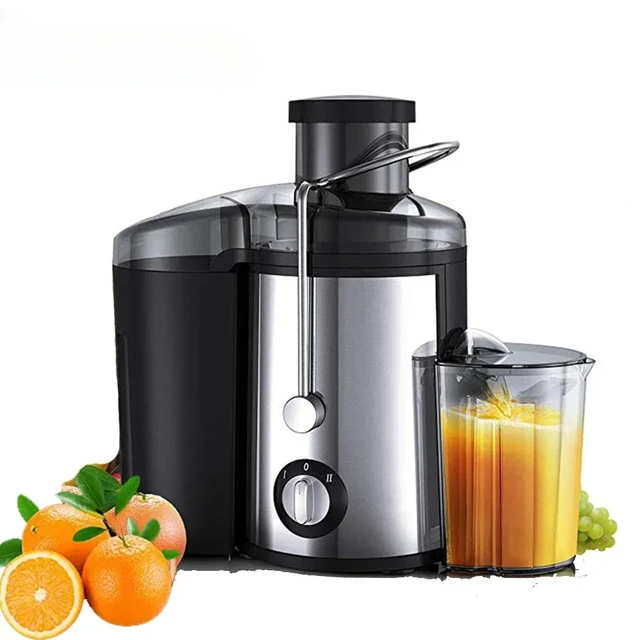 Weight Management:
Weight Management:
Supporting Healthy Weight:
Low-Calorie Option: Juices are typically low in calories but high in nutrients, making them a healthy addition to a weight management plan. They can serve as a nutritious snack or a component of a meal replacement strategy.
Appetite Control: Juicing can help curb cravings and promote feelings of fullness, assisting in appetite control and reducing overeating.
Energy and Mental Clarity:
Boosting Vitality:
Natural Energy Boost: The vitamins, minerals, and antioxidants in fresh juice provide a natural energy boost without the crash associated with caffeinated beverages or sugary snacks.
Enhanced Mental Function: Proper nutrition and hydration from freshly extracted juices can improve mental clarity, focus, and overall cognitive function.
Using a Juicer:
How Do You Properly Use an Electric Juicer?
Using a juicer effectively involves proper preparation, operation, and maintenance to achieve the best results and extend the appliance’s lifespan.
Preparation:
Getting Ready to Juice:
Choose Fresh Produce: Select fresh, high-quality fruits and vegetables. Organic produce is often preferable to minimize exposure to pesticides and chemicals.
Wash Thoroughly: Wash all produce thoroughly under running water to remove dirt, bacteria, and pesticide residues. Use a brush for firm fruits and vegetables to ensure they are clean.
Peeling and Chopping: Depending on your juicer type and the produce used, you may need to peel and chop the fruits and vegetables into smaller pieces. Remove any seeds, pits, or hard rinds that could damage the juicer or affect the juice quality.
Juicing Process:
Extracting the Juice:
Feed Slowly: Feed the produce slowly into the juicer to avoid overloading it and to ensure maximum juice extraction. Use the pusher, if provided, to guide the produce down the chute safely.
Alternate Ingredients: Alternate different types of produce to help clear the chute and blades, particularly when using leafy greens or fibrous vegetables.
Collect the Juice: Place a container under the spout to collect the juice. Stir the juice gently to mix flavors and nutrients evenly before consuming.
Cleaning and Maintenance:
Keeping Your Juicer Efficient:
Disassemble and Rinse: Disassemble the juicer components and rinse them immediately after use to prevent pulp and juice residues from drying and becoming difficult to clean.
Use a Brush: Most juicers come with a cleaning brush, which is essential for scrubbing the mesh filter and other components thoroughly.
Regular Deep Cleaning: Perform a deep cleaning periodically by soaking the parts in warm, soapy water and scrubbing away any buildup. Ensure all parts are dry before reassembling the juicer to prevent mold and bacteria growth.
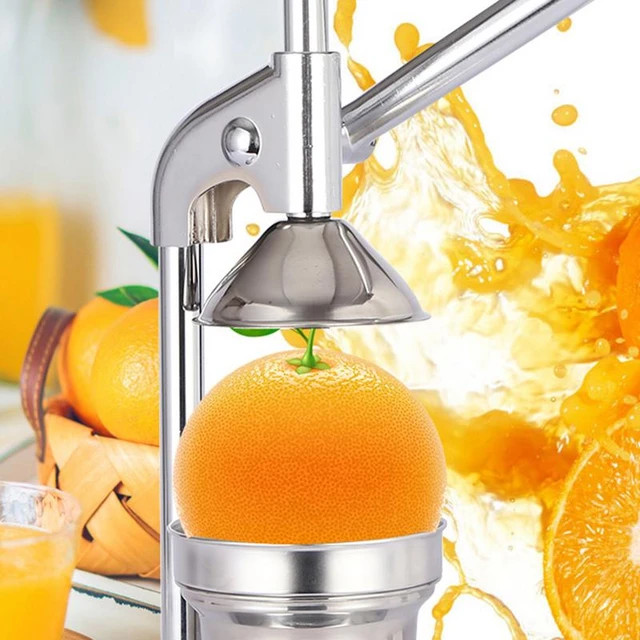 Choosing the Right Juicer:
Choosing the Right Juicer:
What Should You Consider When Buying a Juicer?
Several factors influence the choice of a juicer, from the type of juicer to specific features that meet your needs and preferences.
Budget:
Cost Considerations:
Affordability: Determine your budget range before shopping for a juicer. Centrifugal juicers are generally more affordable, while masticating and twin gear juicers are more expensive.
Long-Term Investment: Consider the long-term investment in your health. Sometimes spending a bit more on a high-quality juicer can provide better performance and durability.
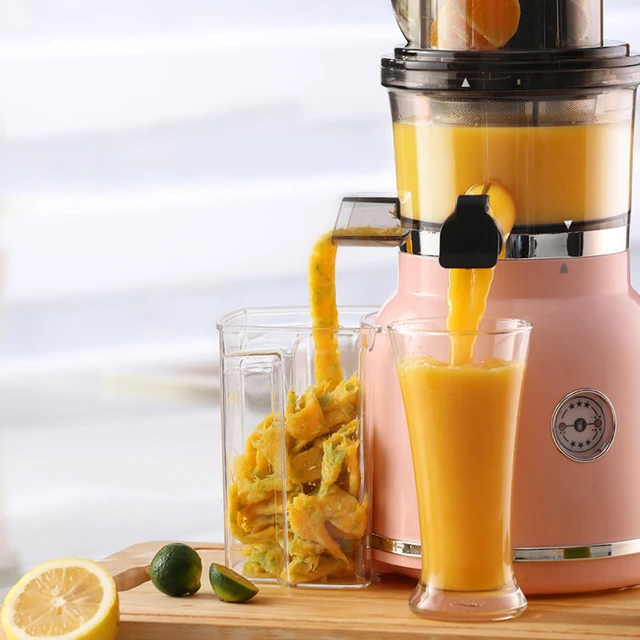 Juicing Needs:
Juicing Needs:
Frequency and Volume:
Daily vs. Occasional Use: If you plan to juice daily, investing in a durable, efficient juicer might be worthwhile. For occasional use, a more basic model might suffice.
Quantity of Juice: Consider the volume of juice you plan to make. Some juicers have larger capacities and are better suited for juicing in larger quantities.
Ease of Use:
User-Friendly Features:
Simple Operation: Look for a juicer with intuitive controls and easy assembly/disassembly. User-friendly features enhance the juicing experience and encourage regular use.
Quiet Operation: If noise is a concern, opt for a quieter masticating or twin gear juicer. Centrifugal juicers tend to be louder due to their high-speed operation.
Cleaning Requirements:
Ease of Cleaning:
Dishwasher Safe: Some juicers have dishwasher-safe parts, making cleaning more convenient. Check the manufacturer’s instructions for cleaning recommendations.
Manual Cleaning: If manual cleaning is required, look for a juicer with fewer parts and easy-to-clean components. Complex designs may deter regular use due to the effort required for cleaning.
Conclusion
A juicer is a versatile kitchen appliance designed to extract nutrient-rich juice from fruits, vegetables, and greens. Understanding the different types of juicers, including centrifugal, masticating, twin gear, and citrus juicers, helps you choose one that fits your needs and preferences. Incorporating freshly extracted juices into your diet offers numerous health benefits, such as concentrated nutrition, improved digestion, detoxification, weight management, and enhanced energy and mental clarity. Proper use and maintenance of your juicer, including thorough preparation, slow feeding, and regular cleaning, ensure optimal performance and longevity. When buying a juicer, consider factors like budget, juicing needs, ease of use, and cleaning requirements to find the best fit for your lifestyle. By following these guidelines, you can enjoy the full benefits of juicing and elevate your overall health and wellness.

